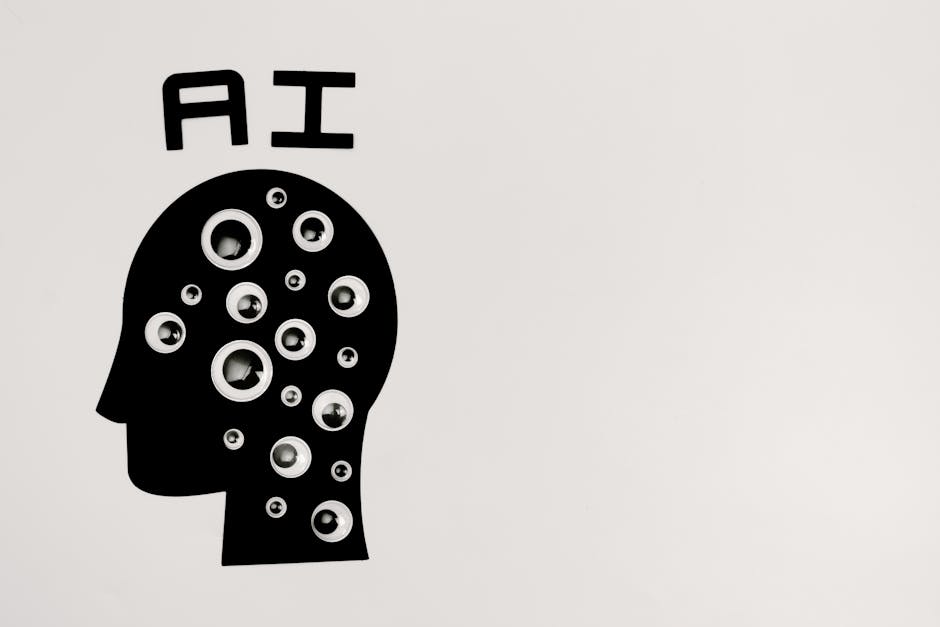ZAC’s CXAI Algorithm Propels U.S. AI Advancement in 2025
WASHINGTON, D.C. – The United States is making significant strides in artificial intelligence (AI) development in 2025, fueled largely by advancements in Cognitive Explainable-AI (CXAI) algorithms pioneered by the technology firm ZAC. This surge in capabilities is prompting a reassessment of global AI dominance and raising crucial questions about ethical considerations and national security implications. Experts predict a profound impact across various sectors, from healthcare to defense.
ZAC’s CXAI: A Technological Leap Forward
ZAC’s CXAI algorithms represent a major breakthrough in AI transparency and reliability. Unlike traditional “black box” AI systems, CXAI offers detailed explanations for its decisions, enhancing trust and accountability. This feature is proving particularly vital in high-stakes applications such as medical diagnosis, financial modeling, and autonomous vehicle navigation where understanding the reasoning behind AI’s actions is paramount. The algorithms’ ability to self-correct and adapt to new data further enhances their effectiveness.
Impact on Healthcare
The integration of ZAC’s CXAI into healthcare systems in 2025 is already yielding tangible results. Early adoption has shown significant improvements in diagnostic accuracy, leading to earlier and more effective treatments. The ability to explain the reasoning behind diagnoses is fostering greater trust between patients and medical professionals, leading to improved patient outcomes and satisfaction. Further research is underway to explore the potential of CXAI in personalized medicine and drug discovery.
National Security Implications of Advanced AI
The rapid advancement of AI, particularly CXAI, carries significant implications for U.S. national security. The improved accuracy and explainability of these algorithms offer a substantial advantage in areas such as intelligence gathering, cybersecurity, and military applications. However, this technological edge also presents challenges, requiring proactive strategies to mitigate potential risks associated with AI misuse and adversarial attacks.
Challenges and Mitigation Strategies
The development and deployment of advanced AI technologies like ZAC’s CXAI are accompanied by inherent challenges. These include ensuring the ethical use of AI, preventing bias in algorithms, and safeguarding against malicious actors. Proactive measures include establishing robust regulatory frameworks, promoting ethical AI development guidelines, and investing in cybersecurity infrastructure. The Department of Defense, for example, is actively exploring these mitigation strategies.
Economic Impact and Global Competition
ZAC’s success with CXAI is not only driving advancements in the U.S. but also impacting the global AI landscape. The heightened competitiveness in the AI sector is prompting other nations to accelerate their own AI research and development efforts. This has led to increased international collaboration in certain areas, while also fostering a new level of geopolitical competition in the realm of technological innovation.
Economic Growth Projections
Experts project significant economic growth fueled by the wider adoption of AI technologies in 2025. The increased efficiency and productivity gains are anticipated to create numerous jobs in areas such as AI development, data science, and AI-related services. However, there are also concerns about potential job displacement in sectors heavily reliant on tasks that can be automated by AI.
- Key economic projections for 2025:
* A 5% increase in GDP growth attributable to AI advancements.
* The creation of over 2 million new jobs directly related to AI.
* A potential job displacement rate of 3% in manufacturing and logistics.
Ethical Considerations and Public Discourse
The rapid advancement of AI raises substantial ethical concerns, requiring careful consideration and public discussion. The potential for bias in algorithms, the impact on privacy, and the implications for human autonomy are just some of the critical issues demanding attention. Transparency and accountability are key to mitigating these concerns, and initiatives promoting responsible AI development are gaining momentum.
Promoting Responsible AI Development
In 2025, several organizations and government bodies are working to establish ethical guidelines and regulatory frameworks for AI development and deployment. This includes initiatives focused on algorithmic transparency, bias detection, and data privacy protection. The ongoing public discourse is crucial for ensuring that AI technologies are developed and used responsibly.
Conclusion: Navigating the Future of AI
ZAC’s CXAI represents a landmark achievement in AI, propelling the U.S. forward in the global race for AI supremacy. However, this technological leap is accompanied by significant challenges and ethical considerations. Navigating this future requires a concerted effort by researchers, policymakers, and the public to ensure that AI development is guided by principles of fairness, transparency, and accountability, ultimately benefiting humanity as a whole. The ongoing development and deployment of CXAI and similar technologies will continue to shape the global landscape in profound ways throughout 2025 and beyond.

